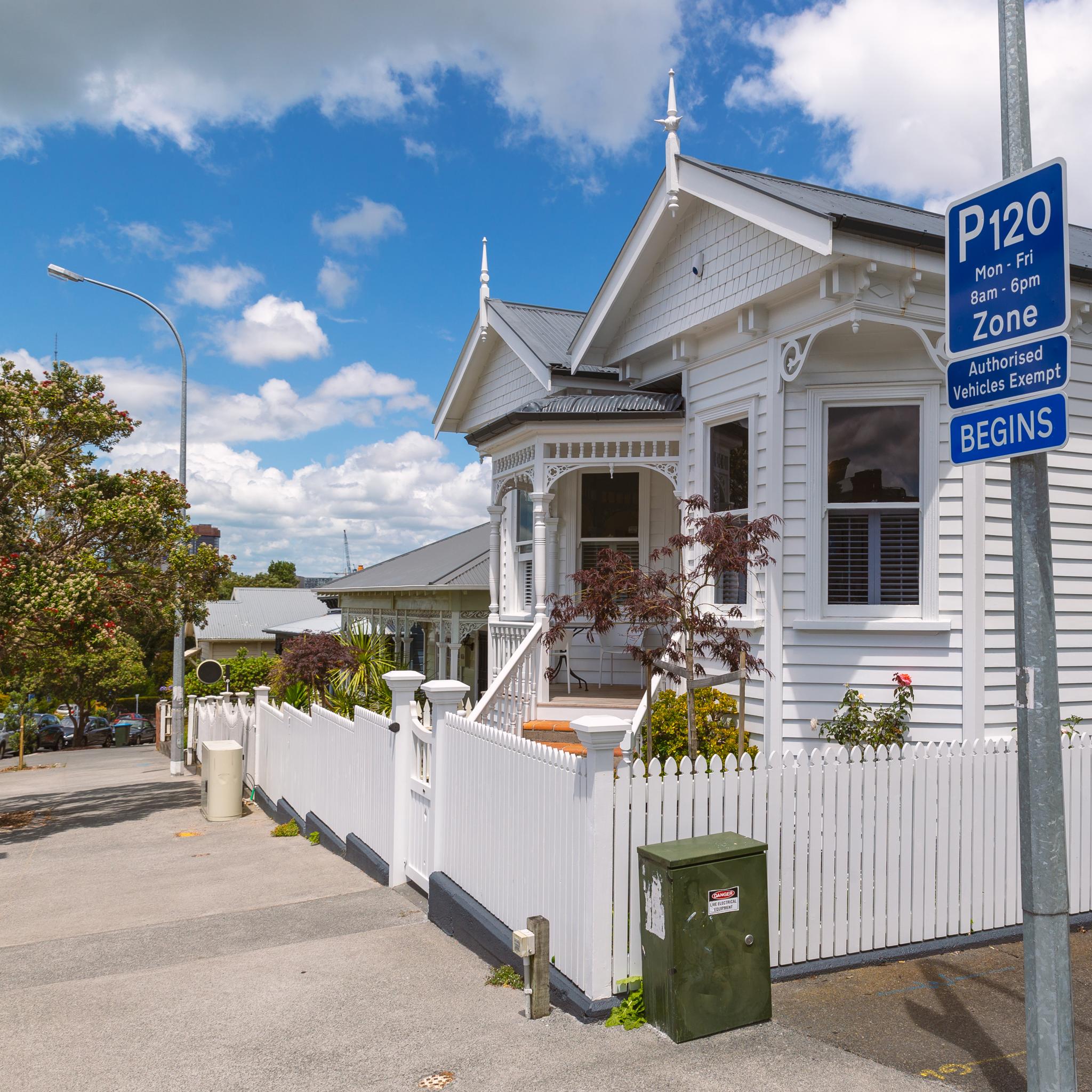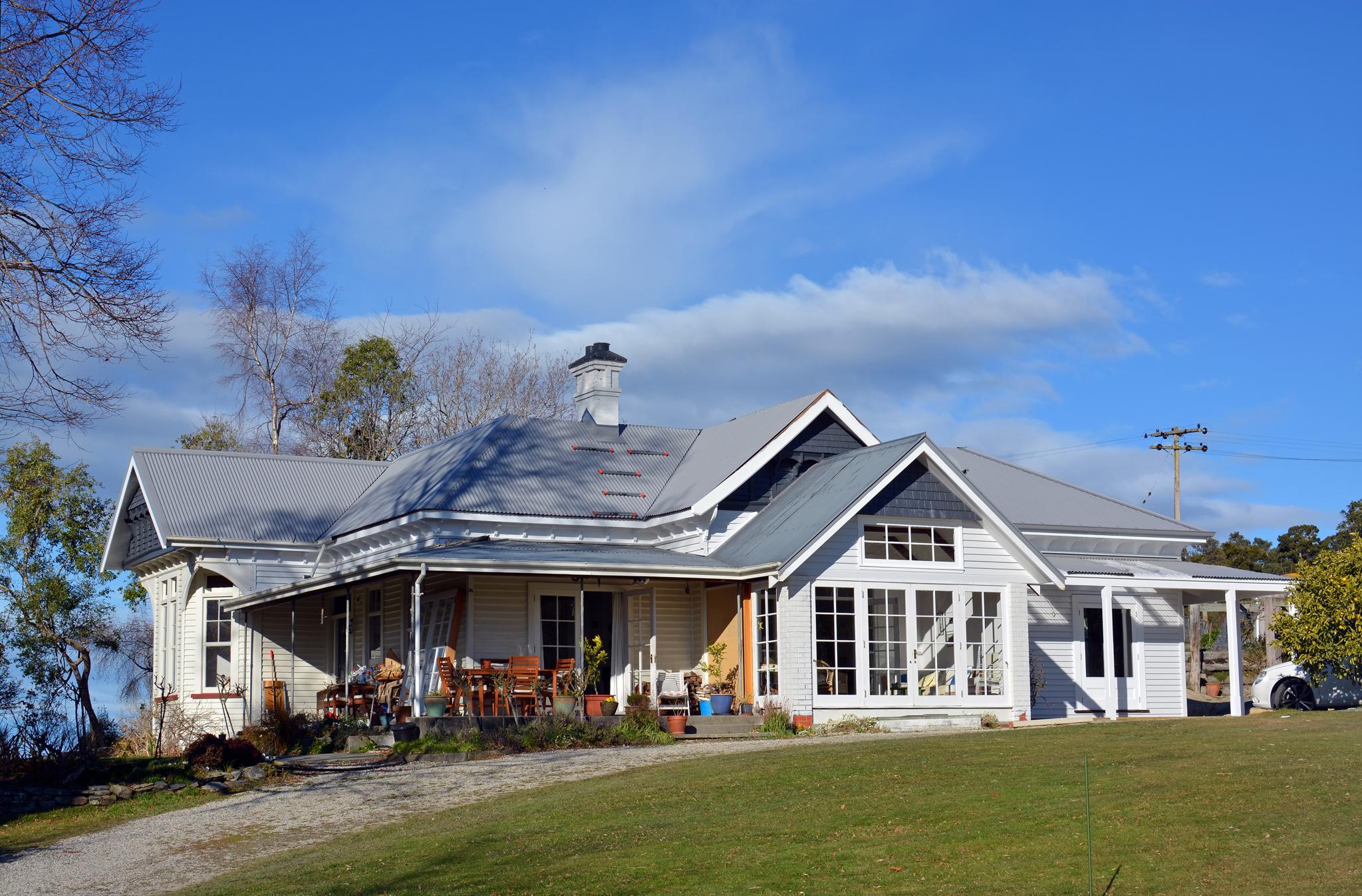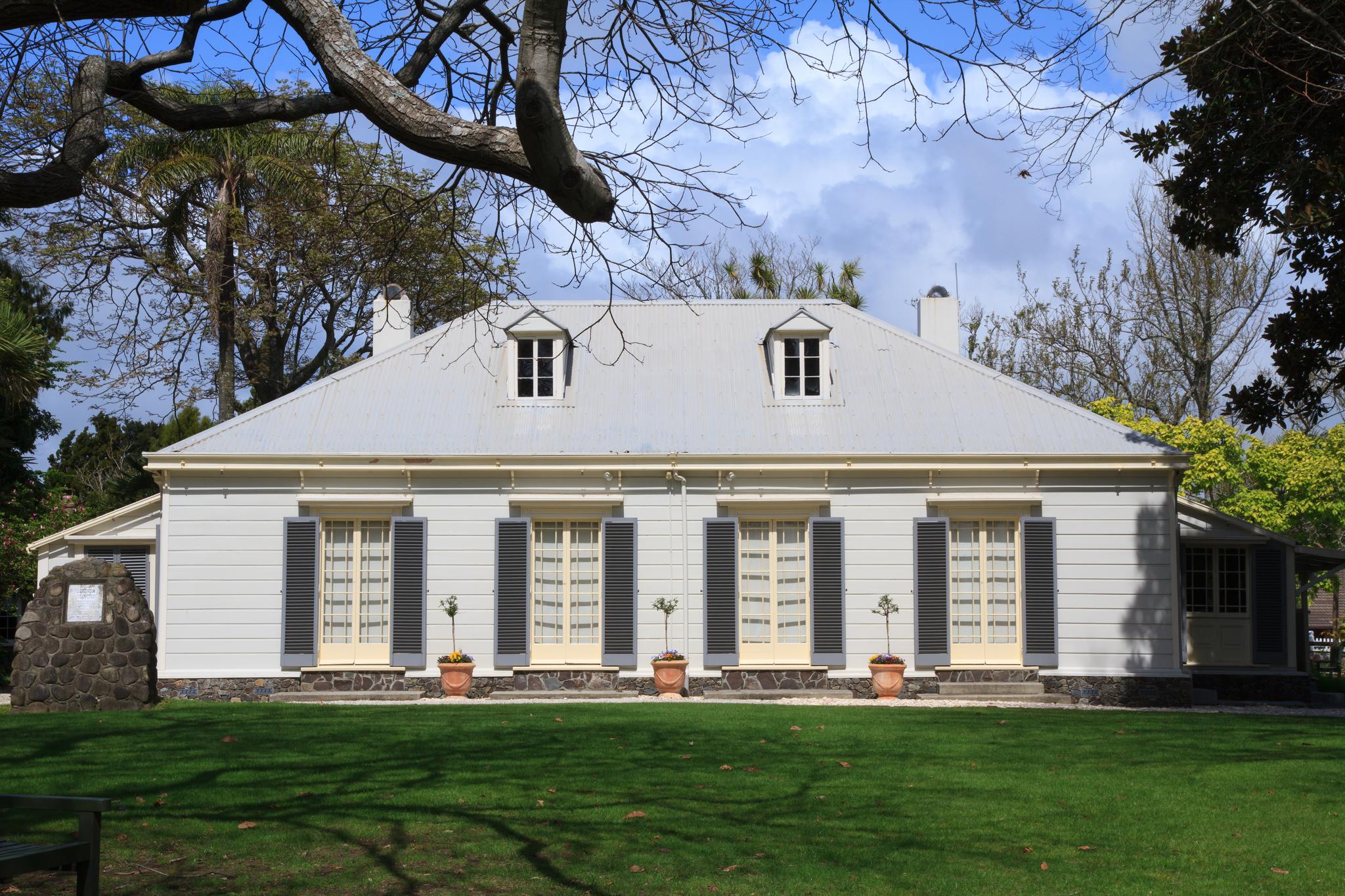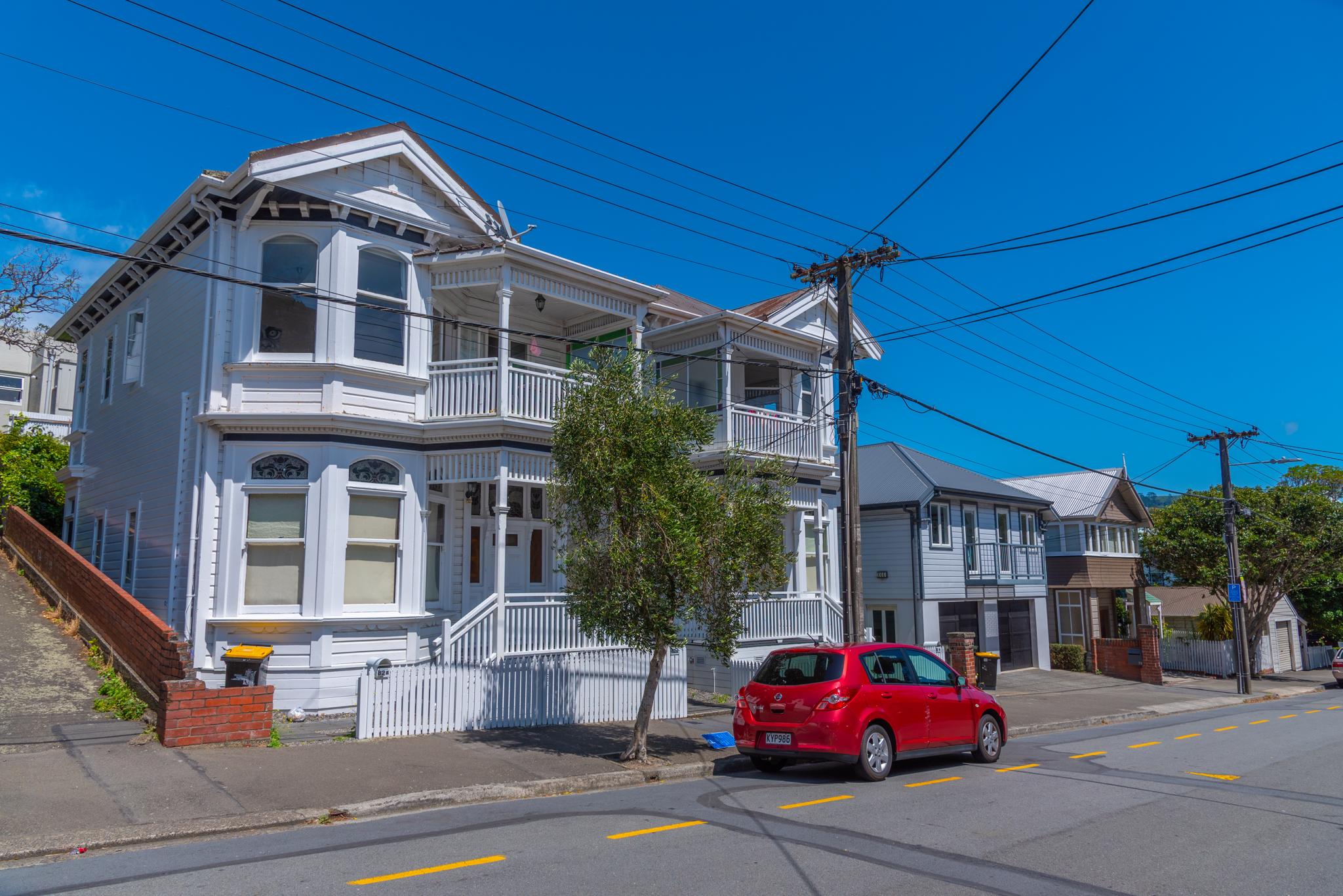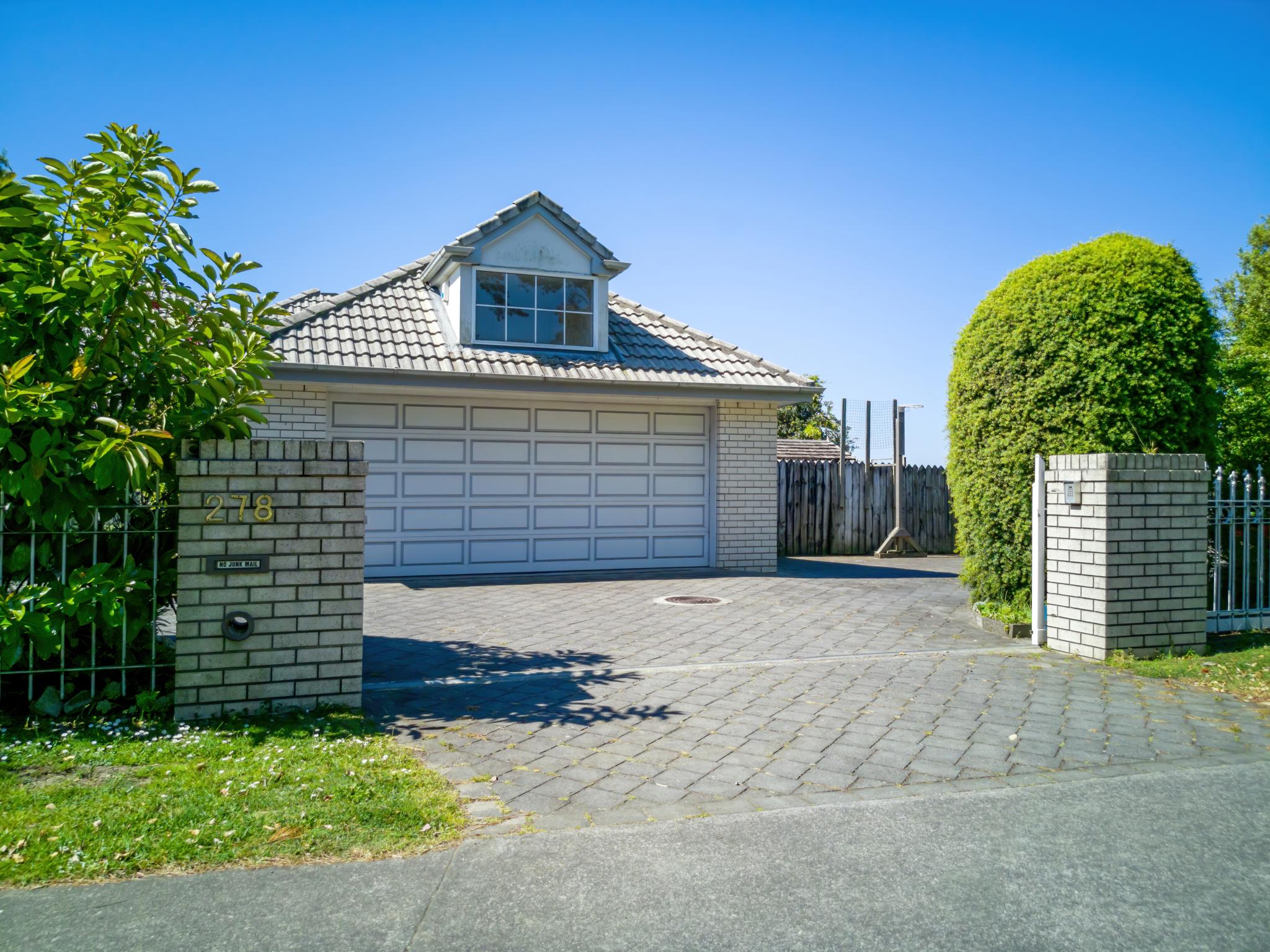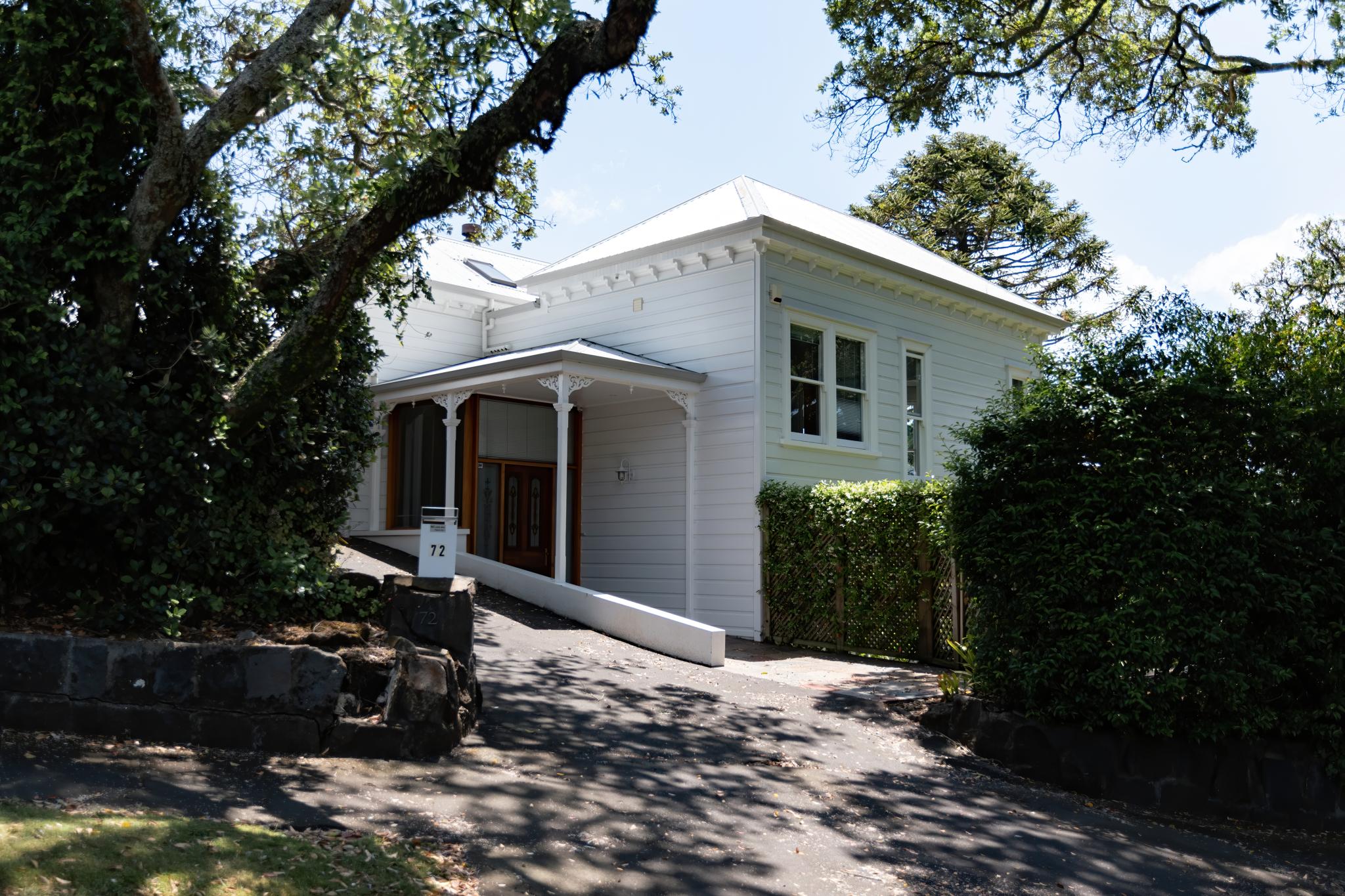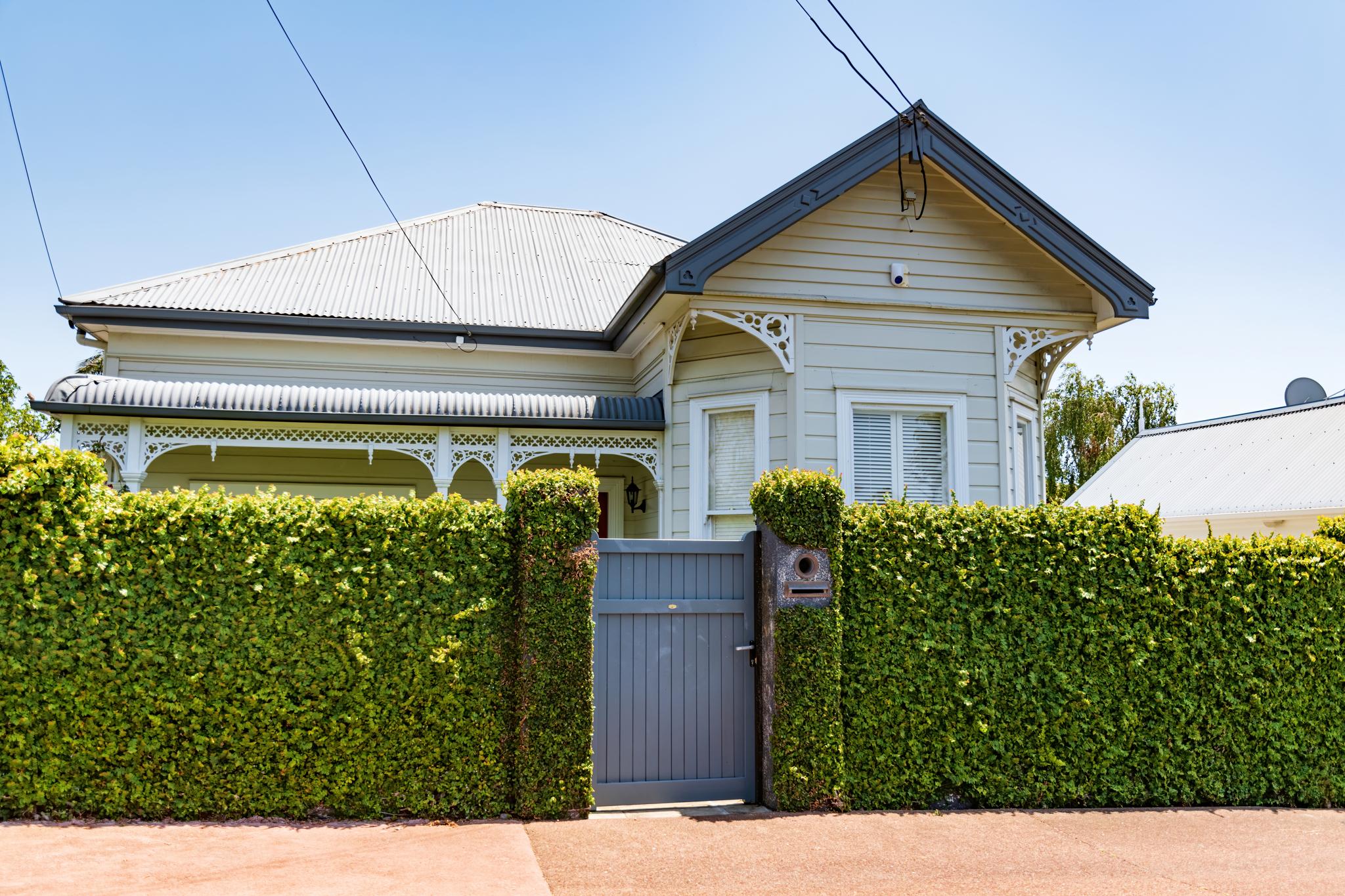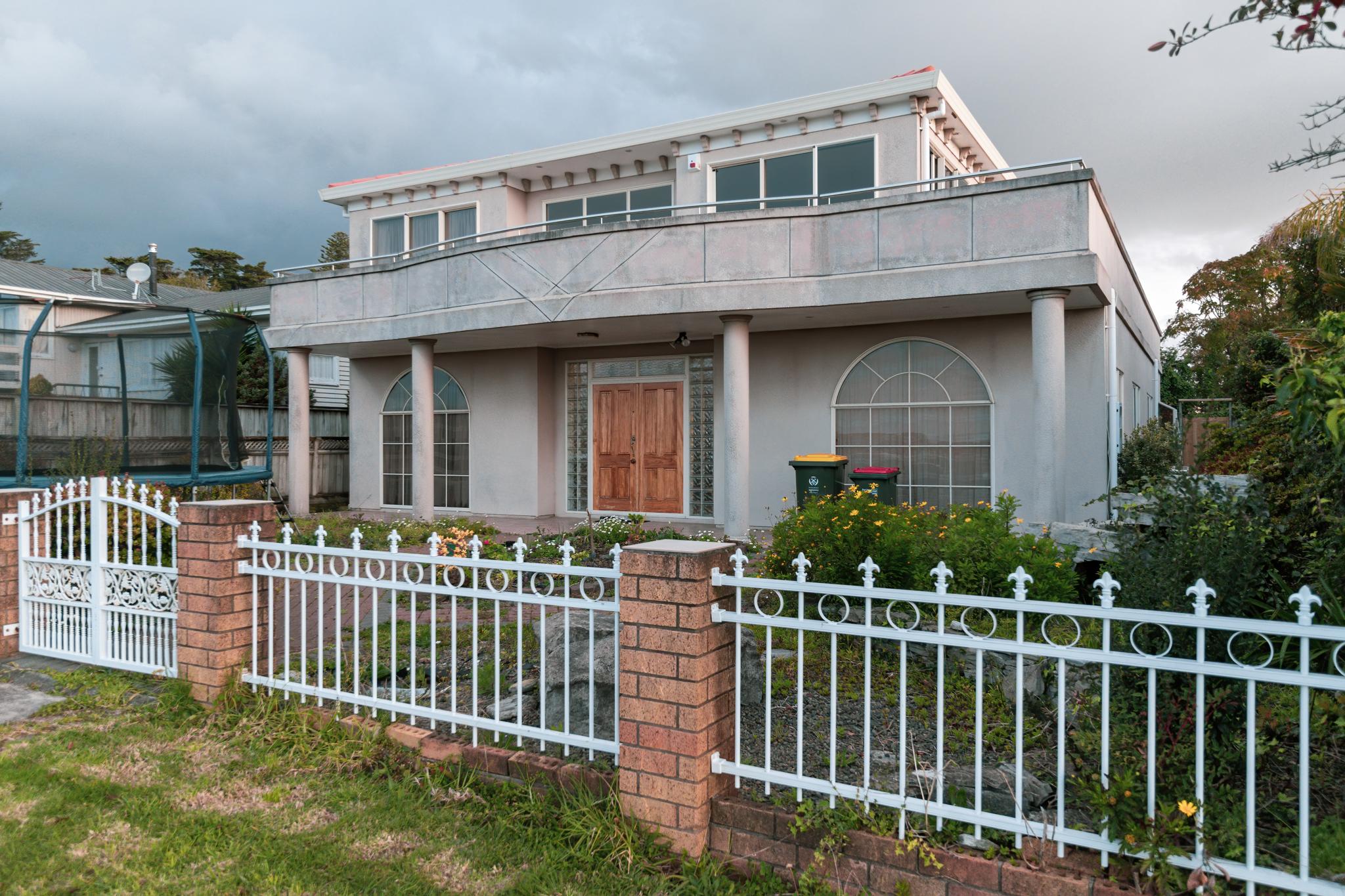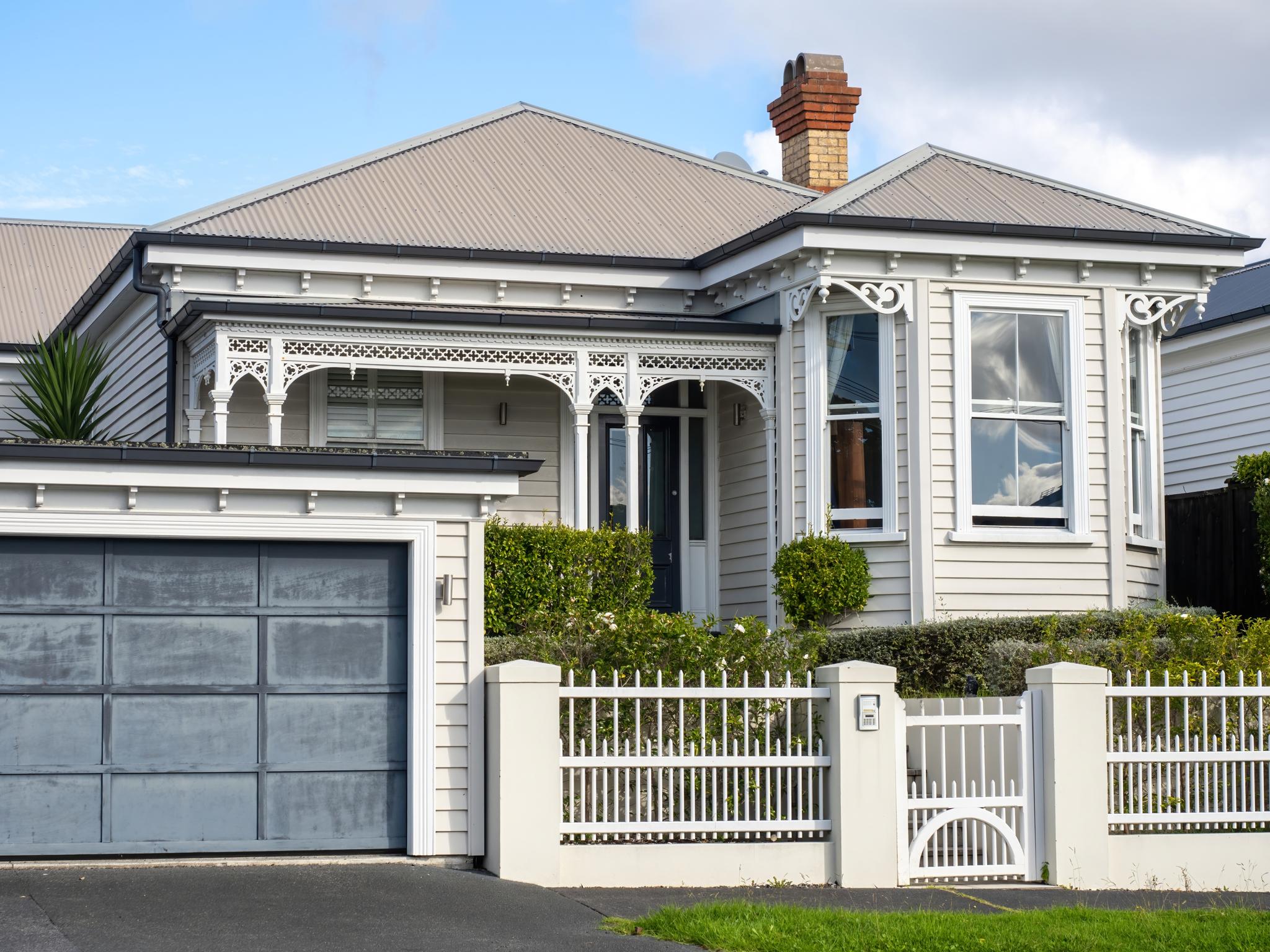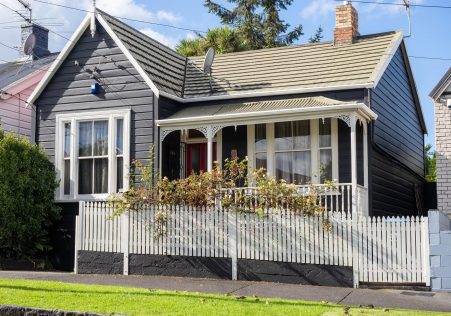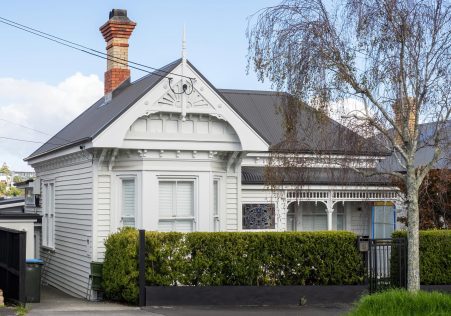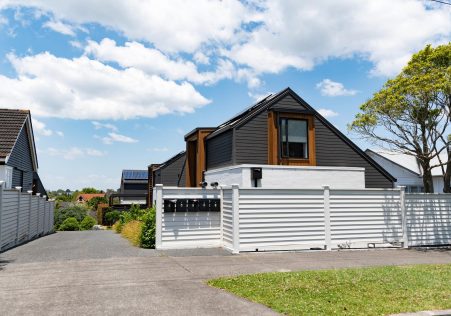What We Do
As building inspectors we take on all components of expert house examinations. We are there to make sure you make the right choice when it comes to buying your next home.
We value your money We conduct comprehensive examinations to ensure that you don’t be faced with any costly or unexpected surprise costs, meaning you are able to relax and focus on the exciting aspects of owning or purchasing a home.
We are specialised in a range of services to ensure that you are fully informed about the condition of any property you may be considering buying or selling as well as additional services.
We don’t just work with you , but we also have major clients, including bank branches, local councils and insurance firms. Evidently , they like their peace of mind provided, due to the details that we offer in our reports of building inspections.
We have a systematic approach to inspecting your property and the latest in technology for software including digital photos imbedded into the Report, you can actually see any issues that could be identified. Because of our detailed reporting it is no wonder that we receive so many referrals from clients our services to their family and acquaintances.
Get Peace of Mind - Get in Touch
